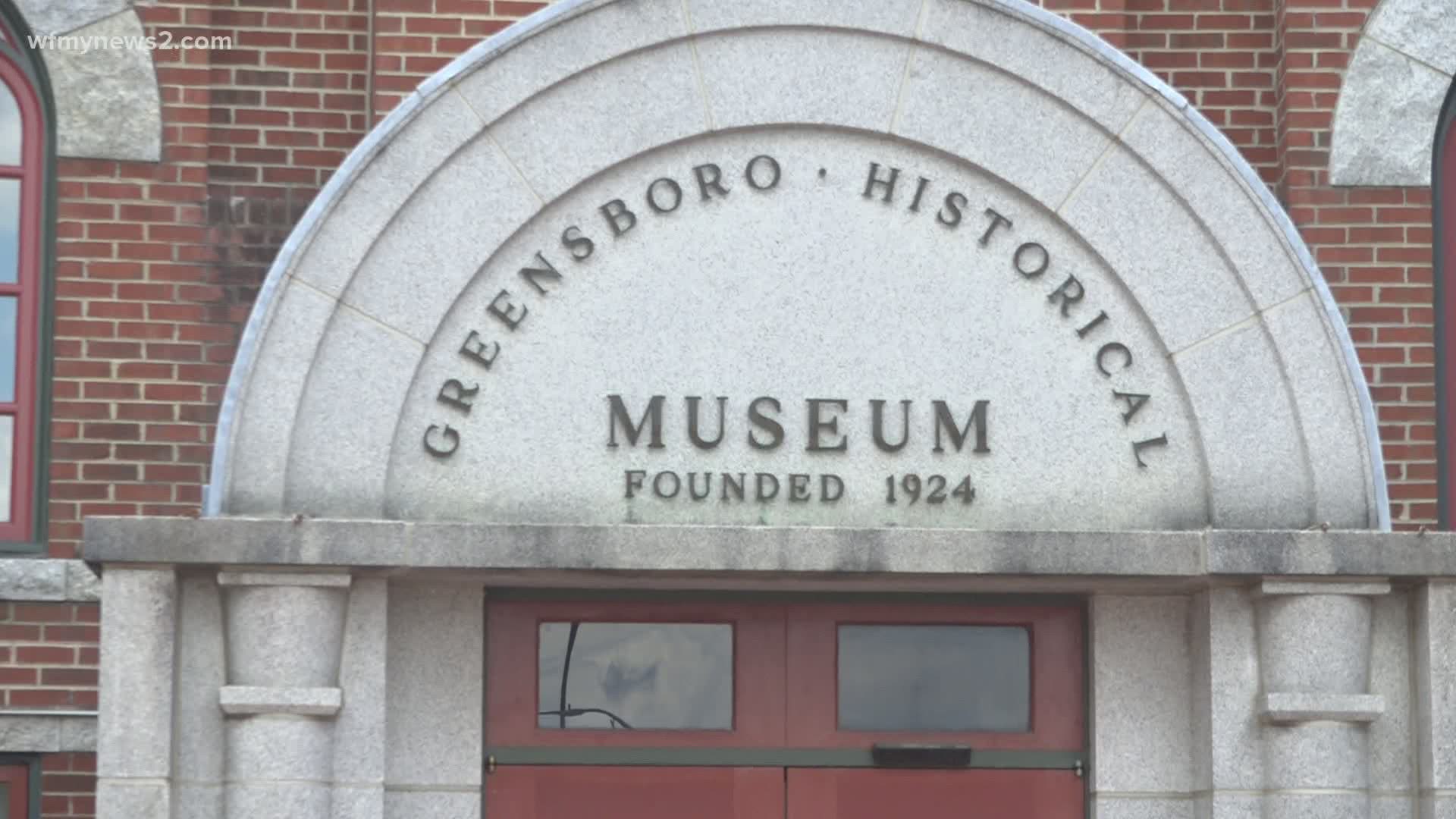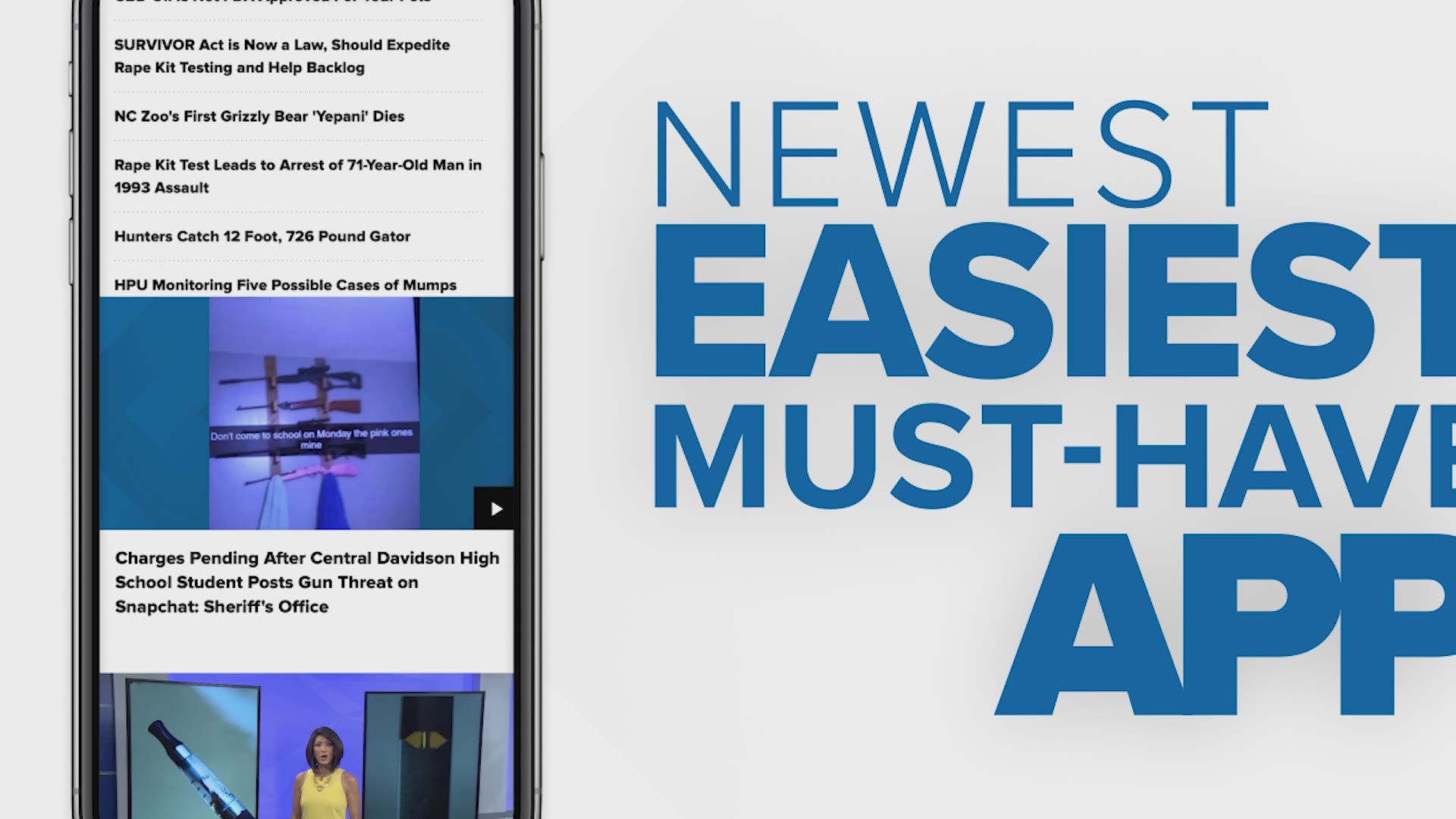GREENSBORO, N.C. — The Greensboro History Museum is collecting recorded responses for a video project called “Can You Hear Me Now? Listening to Residents about Racial and Social Justice.” The videos will be recorded and sent in through the History Museum project's online video recording platform.
Participants, including residents and students, are invited to record a 90-second response to each of the four questions listed for the project, which would be captured on video.
The recording platform is available for the project from now through July 4, according to a press release from the City of Greensboro.
There is no cost to participate, but the platform requires the user's device to have a camera. The videos will be downloaded to create a series of playlists on YouTube for public viewing.
“Following the tragic death of George Floyd, the City of Greensboro recognized the need to provide a platform for the community to express its views on racial and social justice,” said City Manager David Parrish. “City leadership will also view the responses to aid in discussions about policy reform.”
"We're doing our job as a museum to try to preserve and record the history of what's happening now. The incredible protests that are happening, this reckoning about social inequality and racial injustice," added Carol Holt of the Greensboro History Museum.
The four questions for residents include:
- Did George Floyd’s homicide affect you? If so, how and why?
- How would you characterize race relations in Greensboro?
- What would you like City leaders to do to promote racial and social justice?
- What would make Greensboro the ideal community?
The four questions for students include:
- Did George Floyd’s homicide affect you? If so, how and why?
- How would you describe the way people of different races relate to one another?
- What should be done to make sure everyone is treated the same, regardless of race?
- If you were a City leader, what would you do to promote racial and social justice?
The Greensboro History Museum, a division of the Greensboro Public Library, will preserve the responses as part of its History Happening Now initiative.


